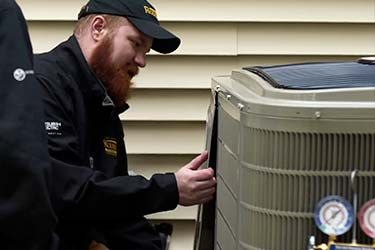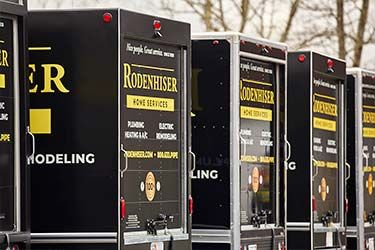- Home
- Plumbing
- Heating
- Heating Installation
- Heating Repair & Service
- Ductless Heating
- Heat Pumps
- Geothermal Heating
- In-floor Heating
- Energy Savings
- Financing
- Duct Sealing
- Duct Cleaning
- Turn Me On Early
- Mass Save Rebates
- Healthy Home Services
- Pool Heating
- 2025 EPA Refrigerant Regulations
- Heating Maintenance
- Furnace Giveaway!
- Cooling
- Electrical
- Remodels
- Guarantee
- Areas
- Reviews
- Maintenance Plans
- Careers
- Call Us


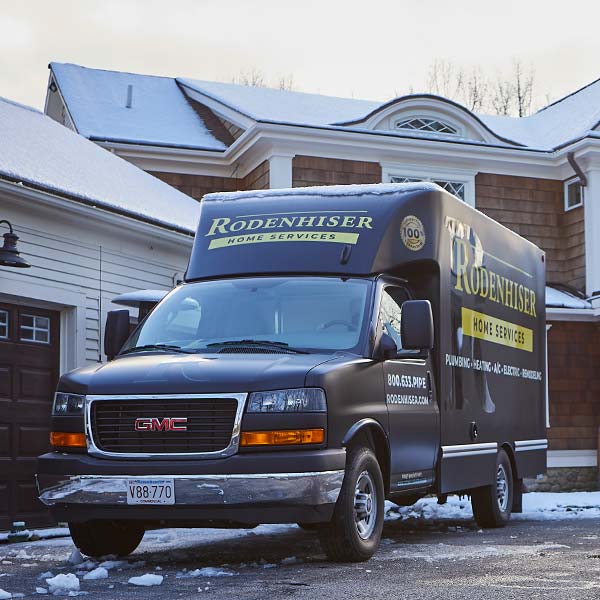

5 Tips for Keeping Your Washing Machine in Peak Form
It doesn't matter how long you've owned your washing machine. They're never cheap, so it pays to treat them with kindness. Even a very low-end model costs several hundred dollars. If a front-loader is your thing, the price tag jumps to over $1,000.
 Take care of your investment, and it will serve you and your family for years.
Take care of your investment, and it will serve you and your family for years.Extending the life of your washer doesn't require any special tools, handyman experience or a plumber's license. All that you need is a little bit of time and a good set of habits.
Here's how:
#1: Check the Hoses Every Change of Season
About 4 times a year, take a peek at the supply hoses that carry hot and cold water to the machine. This is probably the most difficult part of ordinary homeowner maintenance. You might need a hand if the hoses are behind the unit and out of view.
Check for leaks at the connections and inspect the length of each hose for tears, kinks, abrasions and other damage. Hoses are incredibly cheap, and in most cases, they're simple to replace. But left unchecked, a damaged hose could cause major flood damage.
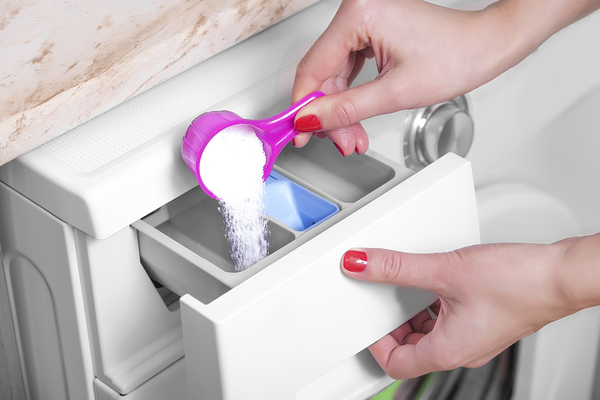
#2: Read and Follow the Manufacturer's Instructions
You're probably well-versed in operating a washing machine. But the owner's manual might also have a few tips for better performance and tidbits for preserving the life of the machine. For example, a little detergent is great so why not use more on extra dirty loads? Most manufacturers warn against extra detergent. It's better to launder twice.
One of the primary reasons the manual is so important is that machines are so specialized now. Normal use and care for one might not be the same as with another. So put your feet up and skim through the booklet before you run another load. You might learn something surprising.
#3: Don't Overload the Machine
Sometimes there aren't enough hours in a day to get everything done. It's not unusual to squeeze a few extra items into an already full load. But overloading a machine can dramatically shorten its lifespan. It can also lead to expensive repairs.
Overloading causes undue strain on the motor and it can also throw the machine off balance. Your clothes won't get as clean, and you might end up washing them again. So do yourself a favor and keep loads to a reasonable size.
#4: Level a Walking or Vibrating Washer
One laundry cycle consists of countless fills, drains, agitations and spins. That's a lot of activity for one appliance, but it's designed to take it. Over time, all of the movement might affect the balance, though. A machine that isn't level might vibrate, rattle or even walk away from the wall during operation.
Leveling a washer isn't difficult. Set a small level across the front edge to check it from left to right. And then check level from front to back. If the bubble isn't centered, there's a problem. There should be appliance feet under the washer, and they usually adjust up or down by twisting. Ask for help if you can't reach or turn them.
#5: Keep it Clean
Soiled laundry, detergent and fabric softener can leave residue inside and outside your washer. Clean it away and you'll preserve the machine's finish plus reduce the possibility of transferring grime back to freshly washed clothes.
Front-load machines seal, and that gives them an additional problem. Mildew can build up when the machine can't breathe. But cleaning the tub and gasket regularly resolves it.
Take care of your washing machine and it will take care of your laundry. It's really that simple. Of course, mechanical issues might eventually arise no matter how careful you are. But many of them are repairable, which gives you years of service out of your investment.
If your washer is acting up, we can repair it or install a new one for you. That's because Rodenhiser has 85 years of experience helping families just like yours. Call us and schedule an appointment today.
Nice people.
Great service.
Since 1928Terms & Conditions | Privacy Policy





Read From Over 14,000 Happy Customers
-
Both Alex and Patrick were knowledgeable, courteous, and professional. They made a change that might have solved the recent problem and have structured a more complete solution. We agreed to this...

-
Mike was thorough, thoughtful and considerate. Covered their shoes before entering, surveyed my issue and provided an explanation of the services and costs. Great Job!

-
Alex did a great job providing an explanation of the services provided and went out of his way to offer assistance/advice on other issues outside of our scheduled maintenance visit.

-
Brian did an excellent job inspecting our 18-year old boiler and replacing some of the accessory hardware that needed it, he also adjusted the outgoing hot water settings for our radiators and...

-
Rodenhiser is my one stop shop!!! They take care of my HVAC, electrical, and plumbing issues & are always helpful addressing any questions I may have about the systems in my house! Everyone...

-
Chris G. and Nick V. showed up bright and early at 8am to fix my water heater issue. They were on time, polite and were able to fix an issue that has been plaguing my house for a good year. They...

Call Rodenhiser at
1-800-462-9710
Call Rodenhiser at 1-800-462-9710
When you are looking for plumbing, electrical, heating or air conditioning in the Route 495 / 128 area, you will be delighted that you called Massachusetts' trusted choice since 1928.
With a total dedication to professional workmanship and excellent service, discover why families and businesses continue to trust Rodenhiser after generations of service
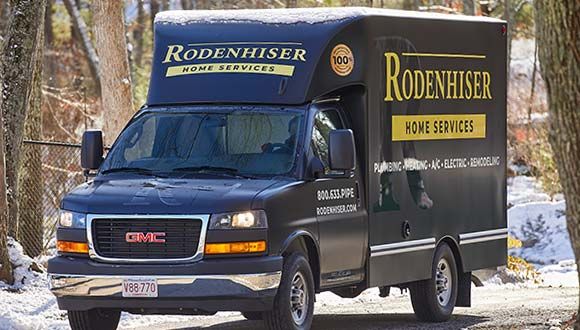
Trusted Plumbers
Fast, On Time
HVAC Experts
Satisfaction Guaranteed
Expert Electricians
Maintenance Plans
Special Financing with Rodenhiser
APPLY ONLINE
for Financing Through Wells Fargo
*With Approved Credit. Terms and Conditions Apply.
CONTACT RODENHISER TODAY
325 Hopping Brook Rd Holliston MA 01746.
-
Master Plumber: #10961
-
Corporate Plumbing: #2288
-
Master Electrician: #23917A
-
Electrical Business: #4804
-
Master Sheet Metal (Unrestricted): #5867
-
Corporate Sheet Metal: #641
-
Home Improvement Contractor: #188806
*Heating system check terms and conditions: Residential Only. Must reside within our service area. Offer only available to 1 unit per household additional units are at full price. Can not be combined with other offers
*Late Season Special Extra Conditions: Gas Systems only. No Discounts on oil systems. Promotional price limited to one system per home, additional systems will be charged at full price. Residential Systems only. Must reside within our service area. *For EV Charger Offer also: valid only when the system is purchased through Rodenhiser.










